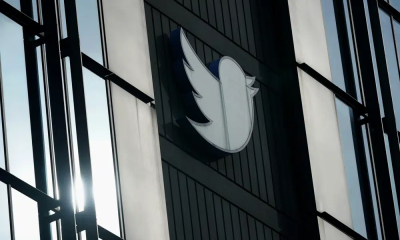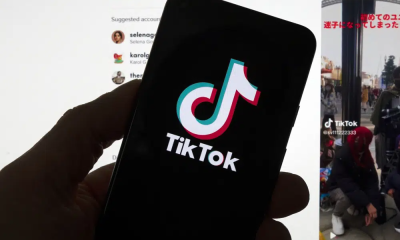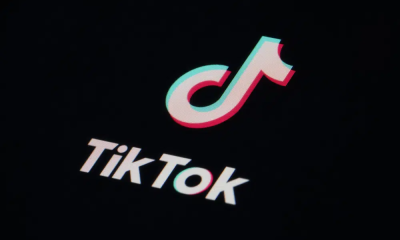Mark Zuckerberg, CEO of Facebook, declared the metaverse to be the next great thing for the internet in late 2021, rebranding his social media company and investing tens of billions of dollars towards the concept.
He described it as a 3D neighborhood where individuals can socialize, network, and have fun doing things like shopping for virtual clothing, attending online meetings, and even taking virtual vacations.
Yet, as the initial excitement subsides, skepticism regarding the future of the metaverse has emerged. According to NPD Research, virtual reality headset sales in the United States dropped by 2% from November to December of last year. The maker of Meta Quest headgear, Reality Laboratories, lost $13.7 billion in 2022 due to poor sales.
In order to build the Metaverse, the company has announced that it would employ 10,000 engineers throughout Europe. When asked for an update, the corporation stated, “Our growth in Europe was always a long-term one planned over a number of years. We’re not changing our mind on Europe.
The “metaverse has not gone away,” according to Ben Wood, chief analyst at CCS Insight. But I believe there is far more doubt about the role technology will play, especially in the consumer arena outside the obvious areas of things like gaming.
The difficulty of defining the metaverse has also contributed to this doubt. According to Tuong Nguyen, a specialist in new technologies at Gartner, it is distinct from both virtual reality and its close relative, augmented reality.
What computers are to the Internet, he compared AR and VR to the metaverse. “Instead, think of it as the natural progression of the Internet, which alters our relationships with the external world.”
It begs the question, how should SK Telecom’s virtual airplane be described?
Officially, it’s not the metaverse, but it’s kind of the metaverse, according to Ken Wohn, a manager at the firm.
The largest telecommunications company in South Korea has partnered up with a company out of California called Joby Aviation to provide an electric flying taxi service to the country.
According to Wohn, one day these air taxis may be able to fly themselves using super-fast 5G wireless connections.













